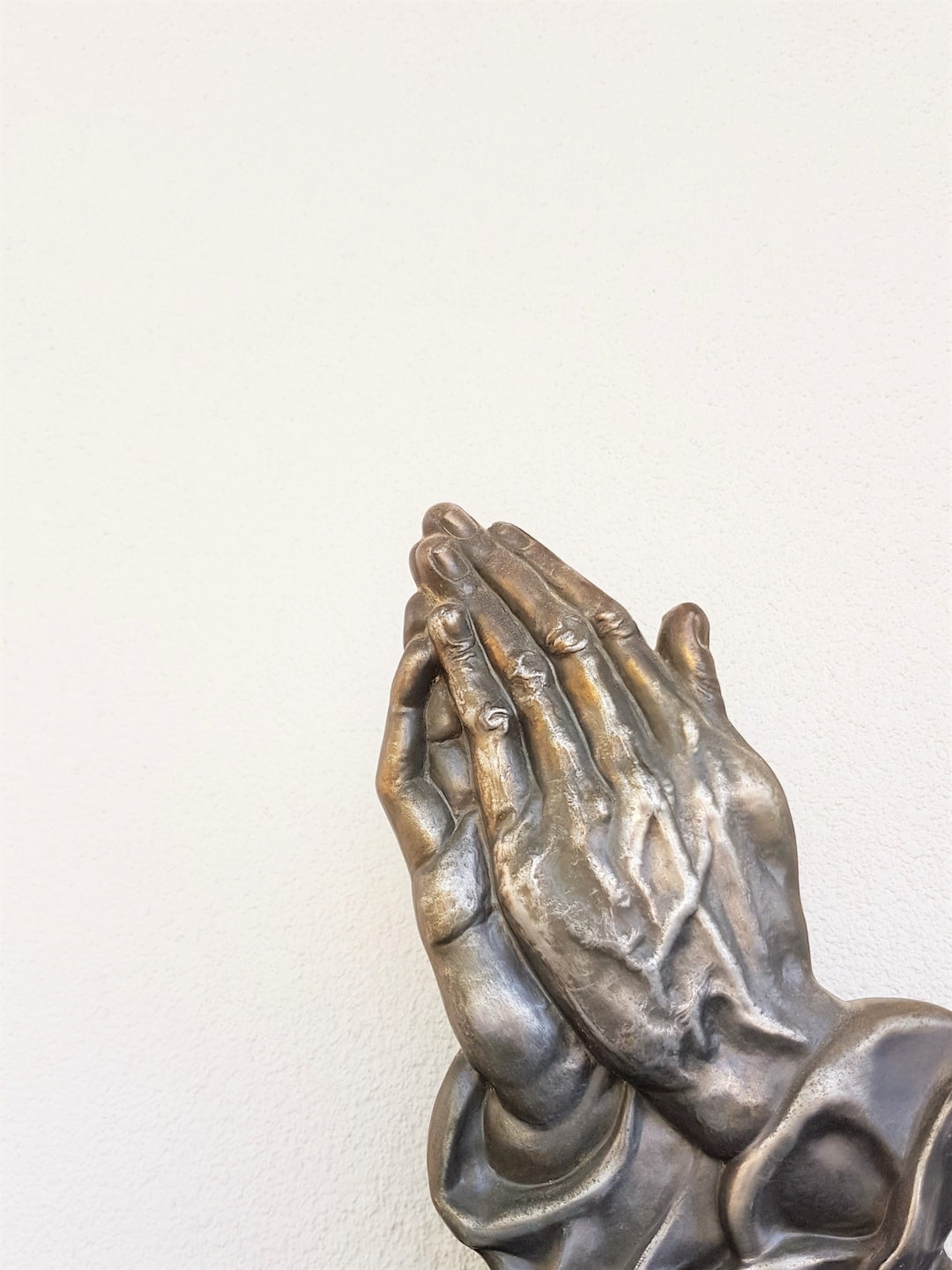Religion has played a significant role in shaping societal norms and values throughout history. Whether we look at ancient civilizations or modern societies, religion has often been a central force in establishing moral standards, guiding social behavior, and influencing cultural practices.
One of the fundamental ways religion shapes societal norms is through its moral teachings. Religions typically offer a moral framework that governs how individuals should behave towards one another. For example, the Ten Commandments in Christianity lay out ethical guidelines such as not killing, stealing, or committing adultery. These principles provide a basis for societal rules and regulations, as well as shaping subjective moral perceptions.
Moreover, religious institutions often act as centers of authority and influence, which can exert significant pressure on individuals to conform to certain norms and values. For instance, religious leaders and figures are often seen as moral authorities and their teachings carry weight within their communities. Consequently, adherents may place great value on adhering to their religious doctrine, thus shaping societal norms based on religious teachings.
Religion also plays a pivotal role in guiding social behavior by promoting virtues and discouraging vices. For instance, many religions emphasize compassion, kindness, charity, and forgiveness as virtues that individuals should strive to embody. These values, when internalized by individuals, can lead to a more empathetic and cooperative society. In contrast, religions often discourage behaviors such as greed, jealousy, and violence, which can be detrimental to the fabric of society. By promoting these values, religion helps establish societal norms that encourage a more harmonious and respectful community.
In addition to moral and behavioral guidance, religion also influences cultural practices and traditions. Many religious holidays and rituals have become deeply ingrained in societies, contributing to the formation of cultural identity. These celebrations help bring communities together, fostering a sense of belonging and shared values. For example, Christmas, celebrated by Christians around the world, has become a cultural phenomenon with its own customs, songs, and decorations. Similarly, the Muslim holy month of Ramadan and the Hindu festival of Diwali have also become cultural events that go beyond their religious significance, contributing to societal cohesion.
Furthermore, religion can shape societal norms and values by establishing social roles and expectations. Traditional gender roles, for example, have often been justified by religious beliefs. Many religions have prescribed particular roles for men and women within families and societies. These prescribed roles have influenced how individuals perceive their place in society and have often reinforced gender-based divisions of labor and responsibilities. However, it is important to note that societal norms and values are not fixed, and they can evolve over time as societal attitudes towards gender equality change.
It is also vital to acknowledge that religion has been a source of controversy and has played a role in perpetuating inequality and discrimination in certain instances. For example, religious doctrines have been used to justify sexism, homophobia, and even violence. These negative consequences demonstrate the complexity of religion’s role in shaping societal norms and values. While religion can promote positive values and guide individuals towards ethical behavior, it can also be used as a tool to justify oppressive systems.
In conclusion, religion has played a significant role in shaping societal norms and values. From providing moral guidance and regulating social behavior to influencing cultural practices and establishing social roles, religion has had a profound impact on societies throughout history. However, it is crucial to critically examine the influence of religion, as it can both promote positive values and be used to justify discriminatory practices. Recognizing the dynamic nature of societal norms and values is essential as societies evolve and progress towards more inclusive and equitable systems.

